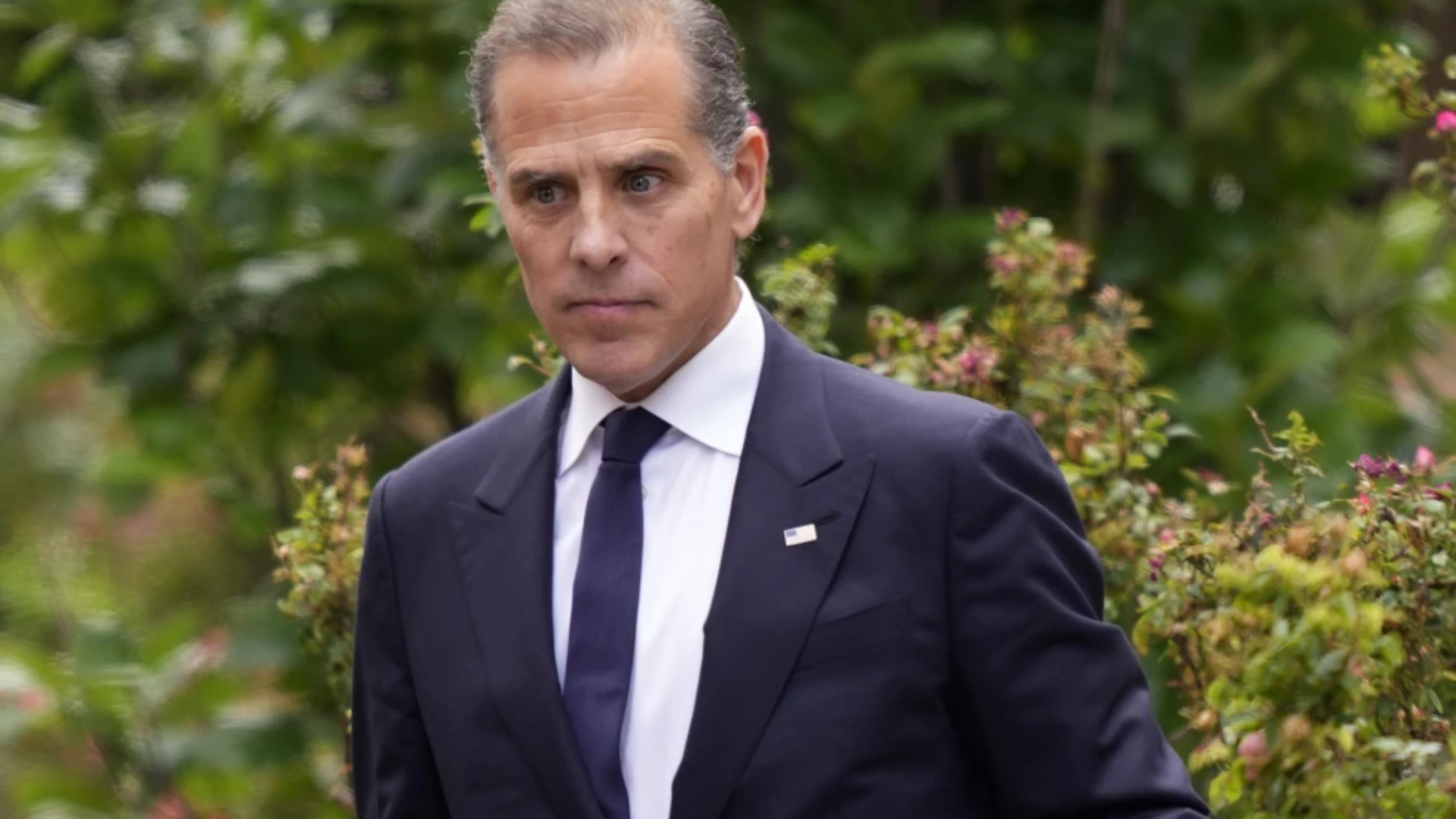Steve Burns
WMAL.com
WASHINGTON — (WMAL) How we treat veterans’ mental health issues and what we know about them continues to evolve every day.
When something traumatic happens to a veteran, like seeing a partner get vaporized by an IED, and nobody around reacts, they start thinking maybe it’s something that’s wrong with them.
“One of the things you are told repeatedly is if you have a problem, keep it to yourself,” explained Chuck Clopton, Executive Director of Operation Vets Haven. “Don’t infect your unit.”
Clopton explained that the mental health community, in large proportion, is no longer even calling PTSD a “disorder”, because the way some veterans react to these intensely traumatic events is normal.
Operation Vets Haven’s goal is to provide prompt therapy, much more prompt than Veteran’s Affairs. It also uses therapists with military backgrounds.
Clopton says he knows for a fact they have saved lives by seeing the before and after, as well as the tangible rewards that come out of it.
“One of our veterans said, my son came up and hugged me for the first time in about a year,” said Clopton. “You can’t put a price tag on that.”
Copyright 2015 by WMAL.com. All Rights Reserved. (PHOTO:






















